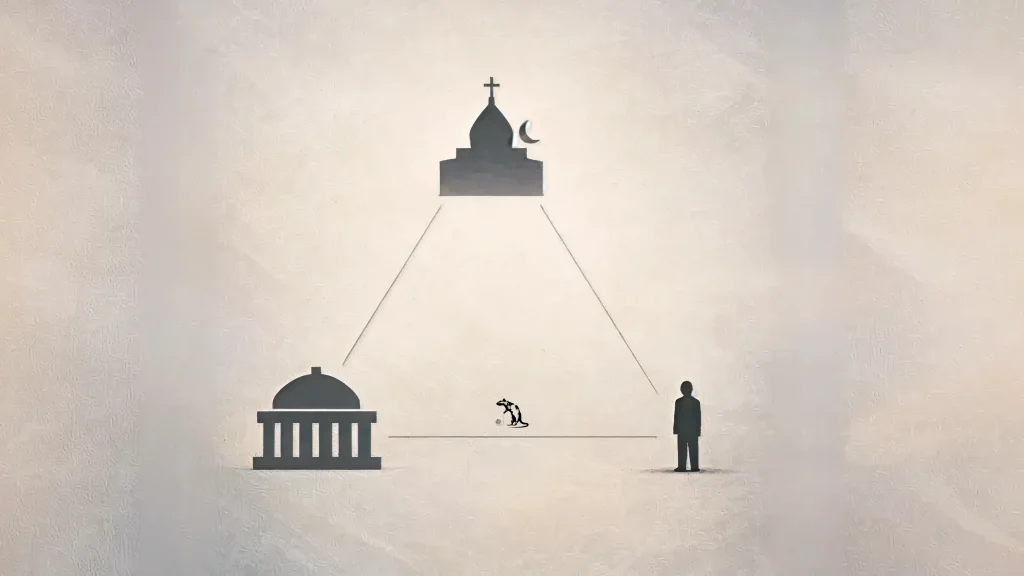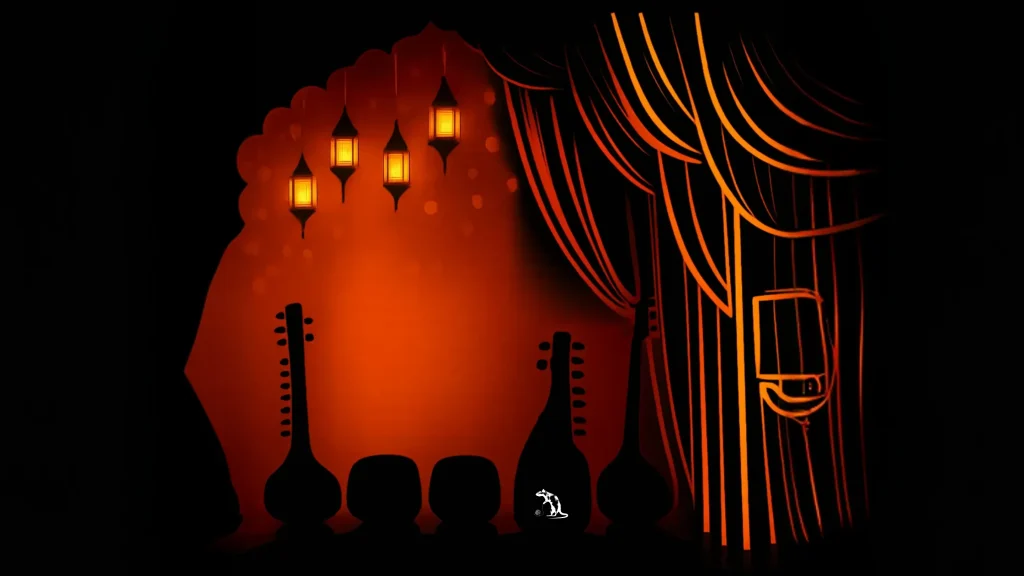Where Philosophy Gets Wet with Sweat
The First Touch: Socrates and the Sandal
He met her under the jacaranda tree behind the school, where fallen petals cloaked the ground like forgotten thoughts. Her name was Sumayya, and she wore a sandal that dangled carelessly off her foot as if she were forever halfway out of her world. Farrukh, 23, an ex-student with eyes too bright for his age, had returned—not for nostalgia, but for her. Not for her beauty, but for the questions she carried like quiet weapons. That afternoon, as she lectured him about Socratic ignorance, he knelt before her—not in worship, but in argument. “To know that one does not know—is that humility or a tease?” he asked, lightly brushing his finger against the back of her calf, pretending to dust away a petal. She paused mid-sentence. Her breath staggered. “What are you doing?” she asked, but her voice had softened like a veil falling. He didn’t answer, only traced slow circles as if her skin held the truth of Athens. “I want to know,” he whispered. “Not answers—just the right ache.” Her lips parted as if caught between speech and surrender. For Farrukh, that touch wasn’t about lust. It was his first philosophical rebellion: to question through contact, to study through the skin. Her calf, warm under his fingers, became the first text. He was no longer a boy. He was a thinker, and this—this silence between her breaths—was his first dialogue. The scent of old books and her rose-oil perfume clung to the air. He didn’t ask to kiss her. He asked to understand. And she, too wise to resist completely, let the silence between them stretch into something dangerous and tender. “You’ll ruin yourself,” she said. “So did Socrates,” he replied.
The Second Thought: Kierkegaard in the Kitchen
She invited him one evening, months later, to her flat with yellow curtains and wooden bookshelves that touched the ceiling. He helped her slice vegetables in the kitchen while rain tapped the windows like unresolved poetry. “Why do you study despair?” she asked, handing him a knife. “Because Kierkegaard said it’s where the soul begins,” he replied. But as she reached up for a jar, her skirt lifted slightly—exposing the back of her knee, the curve of her calf like a parenthesis in a forgotten sentence. He knelt again, this time not in theory but in devotion, and pressed his cheek against her calf. Her breath caught. “Farrukh…” His hands circled her legs slowly. “Is despair always this warm?” he asked. She leaned against the shelf as if the question broke something loose inside her. “Despair,” she said, “is when you know better but want anyway.” He kissed the skin softly, and the air thickened with longing and logic. “And faith?” he asked. “Faith is touching what you should leave untouched.” She was trembling now, not from fear, but recognition. She had lived 35 years trying to stay composed, to explain love in third person, to speak of existence like it was a clean concept. But this boy—this boy kissed her with questions. He explored her like a paradox, not a possession. And she, against her better judgment, let him. The knife still in his hand, the onions half chopped, they stood in that little kitchen with the scent of garlic and sin, wrapped in the philosophy of touch. “We are not meant to survive this,” she whispered. “I know,” he said, kissing her calf again, “but maybe we’re meant to feel it anyway.”
The Third Act: Nietzsche by Candlelight
They lay in her study now, weeks later, books scattered on the floor like fallen ideologies. The candlelight flickered. Her long legs rested on his lap while he read aloud from Thus Spoke Zarathustra. “You want to go beyond good and evil?” she asked, smiling like someone who’d seen too much. “I want to go beyond safe,” he replied, stroking her calf like one would a page—slowly, reverently. “Nietzsche said God is dead,” she added, her eyes dark. “He also said we must dance even with our wounds,” Farrukh murmured. His fingers moved deliberately now—not for seduction, but for sense. Every inch of her calf was a contradiction: soft yet strong, wise yet vulnerable. “Do you think you’re free?” she asked. “I think I’m choosing you,” he answered. That night, he traced every line of her leg like a map out of moral imprisonment. She had taught him restraint, yet he used it to study her. She had taught him well, and he turned it toward her. Every touch, every press of lips, wasn’t hunger—it was theory. She wasn’t older than him. She was simply farther into the forest of meaning. He was catching up, barefoot and burning. “Do you love me?” she asked suddenly. He paused. “No. I’m becoming love. And it hurts.” The wind rattled the window. Somewhere a book fell off a shelf. “You are impossible,” she said, pulling her leg away. But he held it gently and kissed the back of her calf one more time. “So was Nietzsche.” She didn’t stop him this time. She let him explore the ache behind every theory she had buried under lectures and chalkboards. Together, they wept without tears.
The Final Chapter: Camus in Winter
Winter came sharp and sudden. She wore long coats now, and boots. But that day, she sat in the garden of her school, boots off, socks half-rolled, letting the cold kiss her bare calves. Farrukh found her there. His hands were colder than the wind. “Still chasing meaning?” she asked. “No,” he said, “I’ve arrived at absurdity.” She smiled faintly. “Camus, then?” He knelt once more, now older and steadier, and placed both hands around her calves as if to warm them, or to pray. “If the world has no meaning, then this warmth is everything,” he whispered. She looked away; tears caught in her lashes. “I cannot keep you,” she said. “I am not asking to be kept,” he replied. He kissed her calf for the last time—not out of desire, but as a farewell to the school of thought she had been. “I loved you like a theory I didn’t want to prove,” he said. “And I loved you like a book I was afraid to finish,” she whispered. He stood. She didn’t follow. At that moment, their philosophy had no end, no clarity—only the ache of having understood too much. And perhaps, that was the point. Not to love safely. Not to solve each other. But to touch the wound of wisdom with trembling hands and walk away barefoot in snow.



